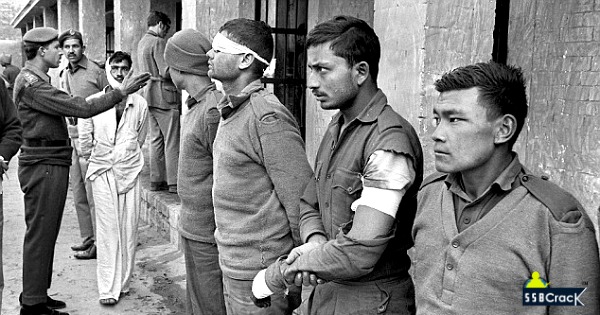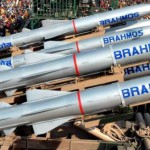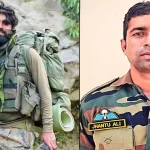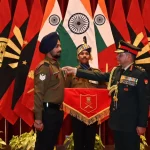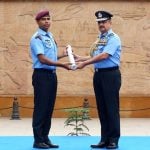Hello, Warriors! The Indo-Pak war of 1971 led to the creation of a separate, independent country- Bangladesh. The war did last for a short time, but it saw many war crimes during its course, including raping of women and mass genocide.
Recently, the war crimes of the 1971 war were all over the headlines as the Bangladesh Supreme Court sentenced two opposition leaders to death for the war crimes committed during the war. Later this November, the Supreme Court of Bangladesh will decide the fate of Jamaat-e-Islami secretary General Ali Ahsan Mohammad Mujahid and opposition Bangladesh Nationalist Party leader Salahuddin Quader Chowdhury.
Here’s what happened during that time:
During the nine-month-long Bangladesh war for independence, members of the Pakistani military and its alliance killed an estimated 3,00,000 to 30,00,000 people and raped between 2,00,000 to 4,00,000 Bangladeshi women in a systematic campaign of genocidal rape.
It all started with Operation Searchlight, a planned military pacification carried out by the Pakistan Army started on 25 March, 1971 to curb the Bengali nationalist movement by taking control of the major cities on March 26, and then eliminating all opposition, political or military, within one month.
Nobody knows exactly how many people were killed, but certainly a huge number of people lost their lives. Independent researchers think that between 3,00,000 and 5,00,000 died. The Bangladesh government puts the figure at three million.
In the first of many notorious war crimes, soldiers attacked Dhaka University, lining up and executing students and professors. Their campaign of terror then moved into the countryside, where they battled local troops who had mutinied.
The mass killings in Bangladesh (then East Pakistan) in 1971, like the annihilation of the Soviet POWs, the holocaust against the Jews, and the genocide in Rwanda, was one of the most concentrated act of genocide in the twentieth century. In an attempt to crush forces seeking independence for East Pakistan, the West Pakistani military regime unleashed a systematic campaign of mass murder which aimed at killing millions of Bengalis, and likely succeeded in doing so.
Death squads roamed the streets of Dhaka, killing some 7,000 people in a single night. Thousands of people were killed and women were raped during the nine month long Bangladesh war of independence. Younger men and adolescent boys, of whatever social class, were equally targets.
Even the Guinness Book of Records lists the Bangladesh Genocide as one of the top 5 genocides in the 20th century. During the war, Pakistan Army and its local collaborators, mainly Jamaat e Islami carried out a systematic execution of the leading Bengali intellectuals.
Recognized as one of the major occurrences of war crimes anywhere, the atrocities ended after surrender of the Pakistani military and supporting Bihari and Razaker militias. The war crimes officially ended on December 16, 1971.
The victims and their kin still wait for the justice to be served for the convicts.

